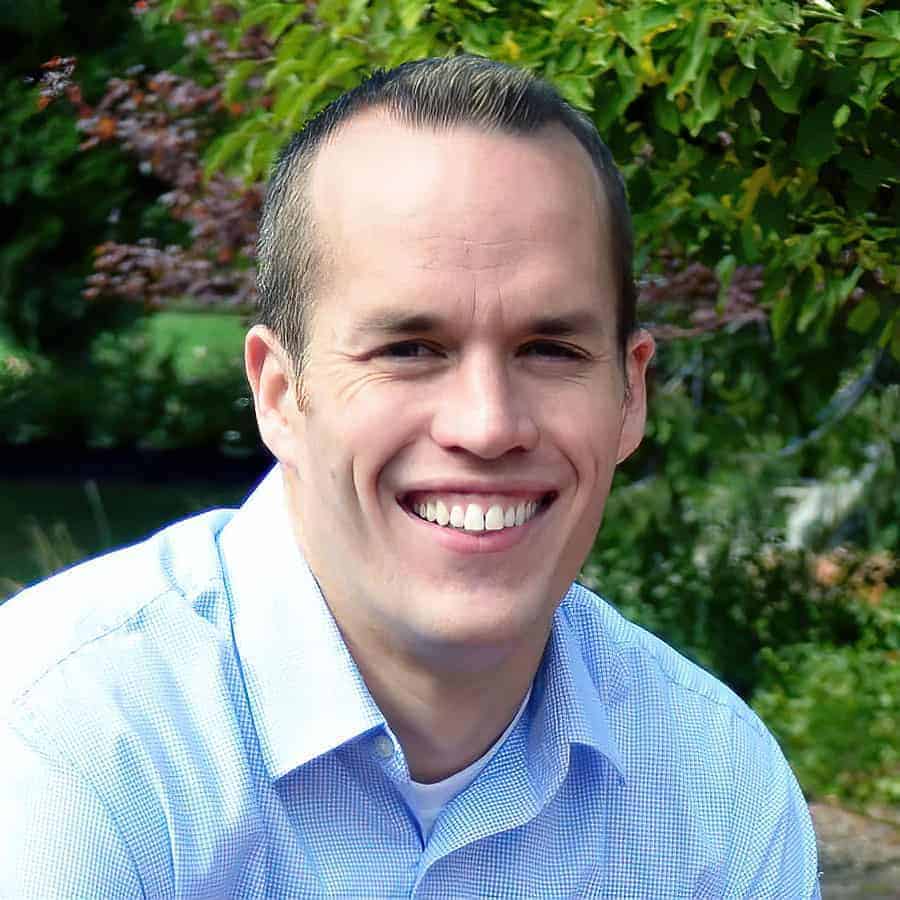When executives are asked what leadership skills they wish their leaders were better at, one of the most common responses is the ability to hold their people accountable. This indicates a red flag, as it is an indicator that the organization as a whole is not very accountable. Rather than a focus on holding others accountable, we should instead be making the shift toward developing people who are accountable.
Wait, What Do You Mean?
Let me explain myself by asking a few simple questions for you to ponder:
- How would you describe someone who is accountable?
- How do we hold someone else accountable?
- How do we hold ourselves accountable?
Perhaps these questions can spark some ideas you had for yourself on what accountability looks like, and how personal accountability is quite different from a leader holding others accountable. This shift is about taking personal responsibility, and we can’t expect it in those we lead unless we model it ourselves.
What Accountability Looks Like
In a team that has high levels of accountability, you will notice a few key elements:
- Everyone seeks to understand the goals of others. Of course this is true! How can I really know how to best help others if I don’t know what their goals are? Taking responsibility to understand this is a critical step to being personally accountable.
- The actions I take consider others’ needs so that we can gain greater collective success rather than focusing solely on my own accomplishments.
- A positive pressure from the team drives accomplishment because we expect great things from each other.
- Team members will frequently check in with each other on their impact on other.
Put these traits together, and you have a team that is humming with efficiency, productivity, and engagement — because everyone is accountable to everyone else!
A Personal Story of Accountability
Sometimes in an effort to be helpful to others, we can actually cause negative effects when we don’t mean to.
For example, at one point in my career, I led a group of technical writers who created documents related to company products. Their output was one area of my team’s focus, and I would often help create/edit documents when needed. Sometimes in my desire to be efficient and get tasks off their plate, I would complete small change orders that I thought would take little time and cause small impact. When I did this, however, I would skip some steps in our process that I thought were unimportant in the name of speed.
Turns out that when I did this, my team members would often have to clean things up the next time those documents were edited/changed again. My actions — that I thought were saving time — were actually causing other problems because I didn’t understand what would really be most helpful. After learning this, I had to make some significant adjustments in my approach to leading and understanding their work.
In that situation, because I didn’t understand their process and approach enough, I wasn’t truly helping the cause. I wasn’t being accountable to them for helping in the most impactful way — which, as a leader, probably had nothing to do with jumping in and taking on tasks!
Actions To Make the Shift
First and foremost, each team member should take the time to learn how their work affects and impacts other team members, different teams, customers, and other stakeholders. After learning this, they will be better able to organize their own work for high impact.
A few other ideas include:
- At the end of a meeting, review key decisions and what needs to be communicated outside of the meeting. Make assignments!
- If a decision cannot be made immediately (due to lack of information, etc.), use a clear deadline when a decision will be made.
- Publicize team goals, who needs to deliver, and team expectations.
- Identify key people you impact in your work, and check in with them regularly on how well you are doing in helping them.
- Shift rewards away from individual performance toward team achievement.
These and other actions can help you transform your teams and organizations into groups that understand the needs of all stakeholders and seek to be accountable for getting the right things done that have the greatest impact!
So — are you going to hold people accountable, or build accountable people?
About Jeff Perry, MBA

You can connect with Jeff on LinkedIn at https://www.linkedin.com/in/jeffcperry/ or visit his website, https://morethan-engineering.com. Jeff also has a new, FREE, on-demand training course for engineers who are job searching or in job transitions. You can see it at https://engineeringcareeraccelerator.com.
New To Technical Leadership?
The transition from individual contributor to technical leader is a difficult one. Jeff put together a FREE, 90-day guide for those moving through this transition to help them be as successful as possible. You can get it here: https://morethan-engineering.com/career-clarity
Please leave your comments, feedback or questions in the section below on building accountable teams for excellent performance.














